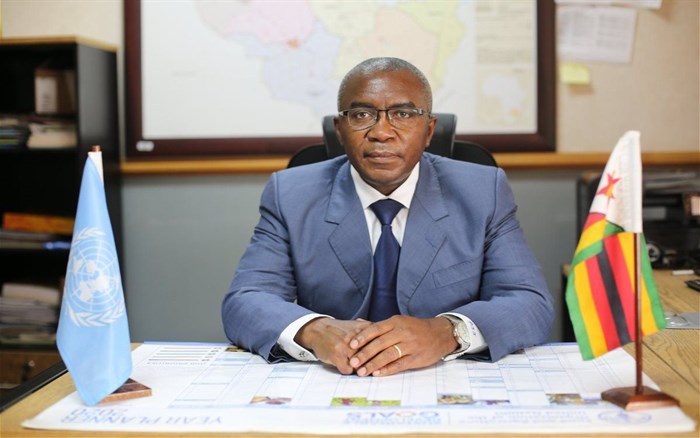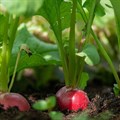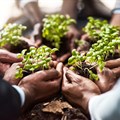In recent years, Africa has recorded the fastest growth globally in the number of hungry people and will have the highest total number of hungry people in the next decade if we cannot reverse current trends.
Nearly 45 million people in Southern Africa were food insecure before the global Covid-19 pandemic hit the region, according to the Southern African Development Community (SADC), a regional economic commission. Climate change, conflict, economic crises, and recurrent pests like the locust and fall armyworm have harmed people's livelihoods and pushed families to the brink of survival.
Countries in the region are working very closely with the Food and Agriculture Organization, the United Nations agency whose mission is to lead international efforts to defeat hunger. Our goal is to achieve food security for all and ensure that people have access to enough high-quality food to lead active, healthy lives.
As for the pandemic, though all of us have been affected personally, the most vulnerable among us are the hardest hit. Lockdowns have often prevented people from working and limited the availability of and access to food. Simultaneously, the pandemic has shown the weakness of existing food supply chains both in rural and urban areas. And the overall slowdown of regional and global economies will affect households for years to come.
Across sub-Saharan Africa, economies are predicted to contract by 2.8% in 2020, while per capita income may decline by 5%. In Lesotho, the number of people facing acute hunger has increased by more than 10%. In Zimbabwe – which in unhappy coincidence, experienced one of its driest seasons on record – the pandemic's economic impact is already observed through currency depreciation and inflation (with food inflation standing at 953.5% as of May 2020, an increase from 685% in January 2020).
There is also the emotional stress of dealing with death, illness, containment, and economic uncertainty. "Many [people] are affected emotionally, as they have lost relatives who are abroad," Ireen Zimome told us. Ms Zimome participates in the Zimbabwe Idai Recovery Programme (ZIRP) which is a partnership between the World Bank and UN agencies including FAO. Like many, Ireen’s community is doubly affected by the pandemic and the impact of natural disasters.
What will the next months and years bring – and how can we do better?
Recovery will not be straightforward – it will likely be slow, with setbacks and uncertainties along the way. What is most important is that the pandemic serves as a reminder, as well as an opportunity, to "build back better."
We know there is much we can do to help people right now. We must focus on the most vulnerable: rural poor, youth, migrants, and women, by expanding access to safety nets and social protection, while building more resilient, gender-responsive and nutrition-sensitive food systems.
Globally, FAO's Covid-19 Response and Recovery Programme focuses on smallholder farmer resilience, economic inclusion, and practical policies to prevent subsequent zoonotic pandemics. Mitigating socioeconomic impacts while strengthening long-term resilience is the overall priority.
With many households in Southern Africa turning to agriculture to meet their food and nutrition needs and sustain their livelihoods, agricultural performance and output must improve if households are to absorb the shock of shrinking remittances and lost jobs due to the pandemic. At the same time, we are supporting people throughout the region who are dealing with shocks including natural disaster, conflict in Mozambique, and the African Migratory Locust outbreak across several countries.
Indeed, building sustainable food systems is at the core of everything we do at the Food and Agriculture Organization. For example, FAO's Hand-in-Hand Initiative works with countries to build more resilient food systems, helping them build an evidence base that will inform policy for years to come.
We also promote conservation agriculture throughout the region. For example, in Zimbabwe, our colleagues work with the government and farmers to support traditional conservation agriculture techniques alongside mechanization to improve yields. Our policy work is equally important, aimed at developing enabling environments for sustainable food production and livelihoods in the region.
Covid-19 presented and continues to present a significant challenge, but it is not insurmountable if we work across borders to support all people, including the most vulnerable. And indeed, the "cures" are initiatives we should prioritize in any case: sustainable and resilient food systems to defeat hunger in the face of crisis and beyond.







































